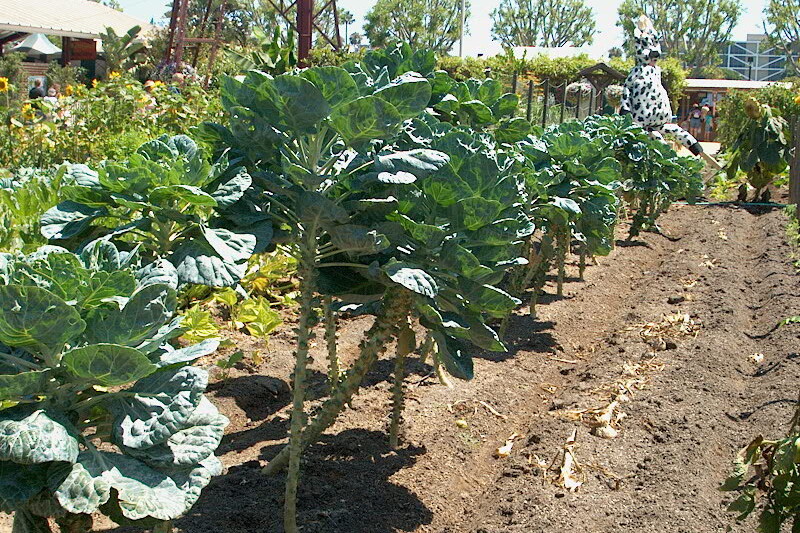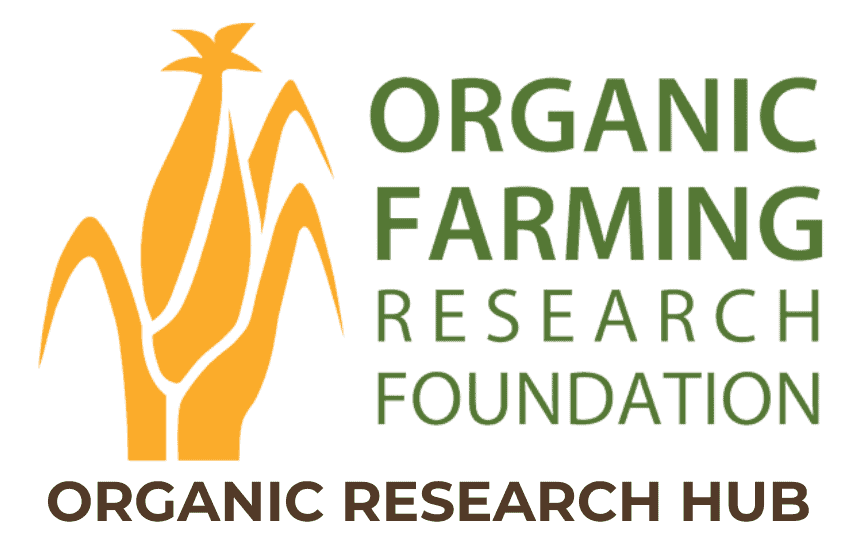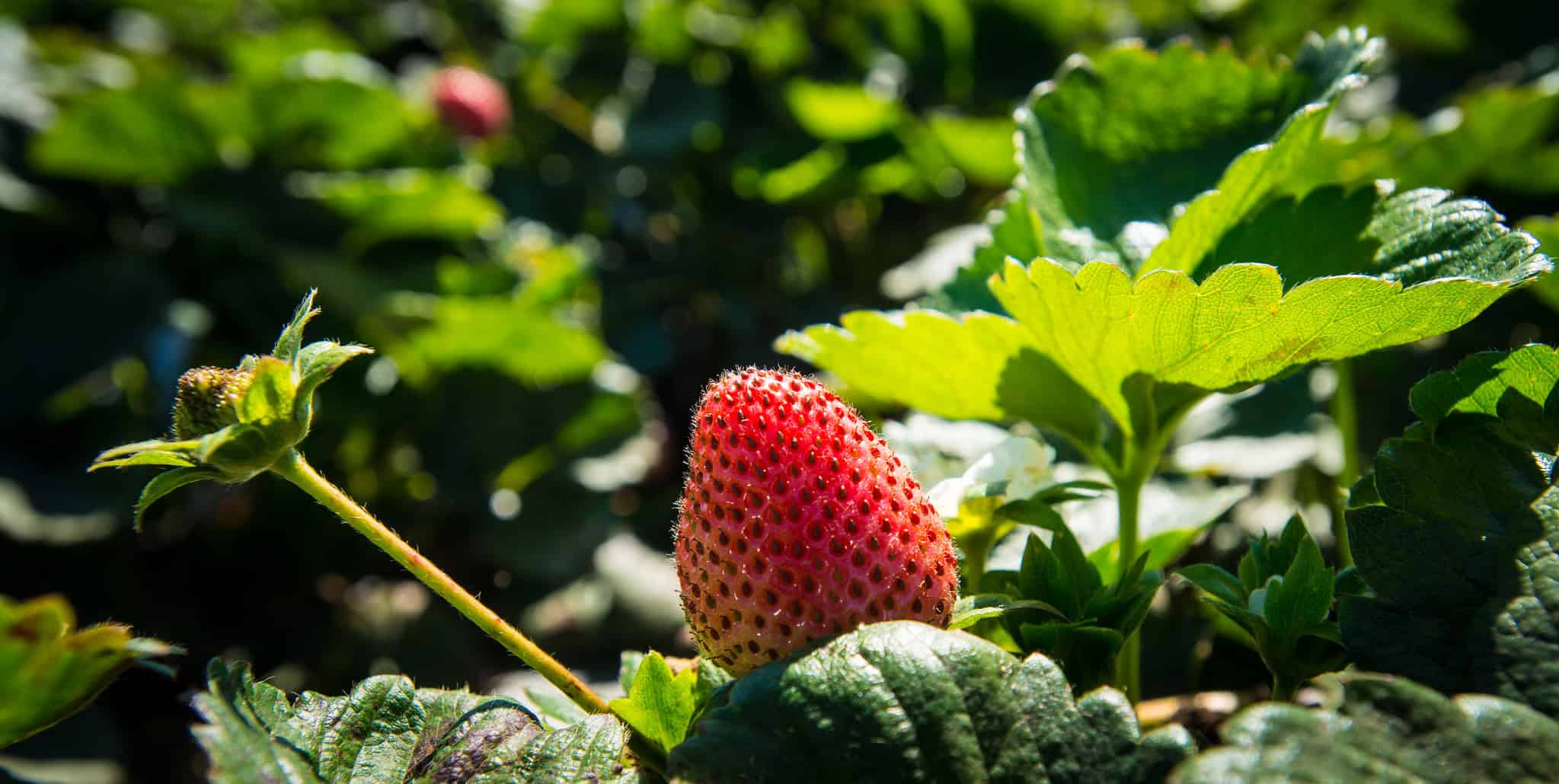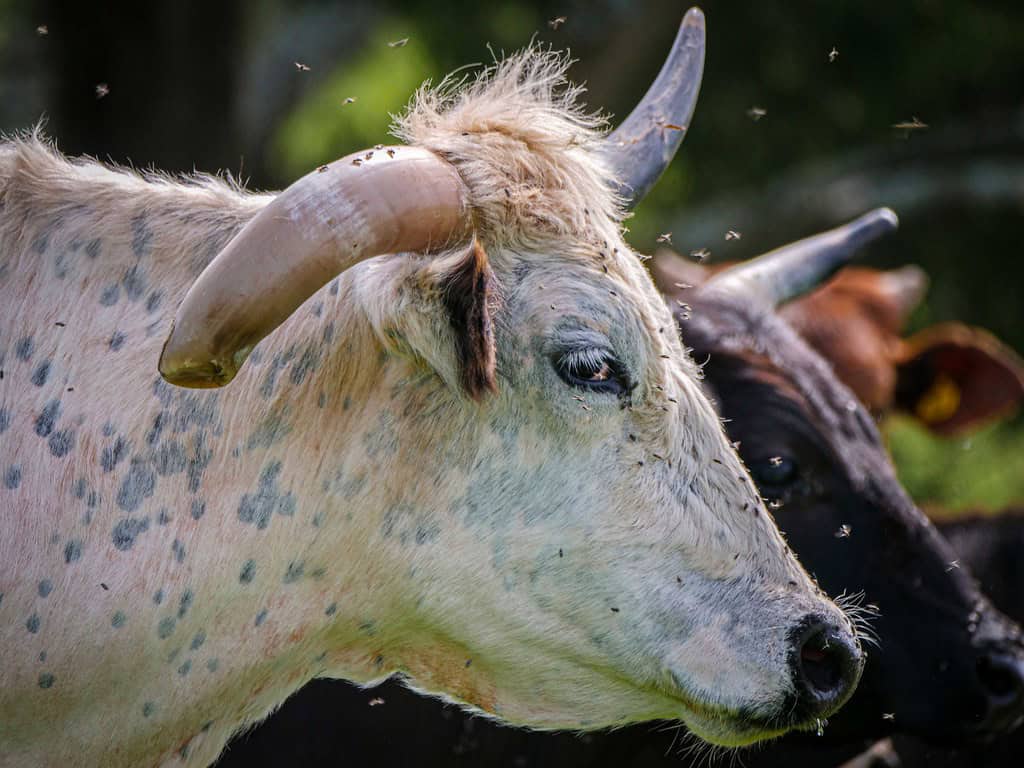Integrating Biological Control for the Key Pests Diamondback Moth and Cabbage Aphid in Organic Brussels Sprouts
Sean Swezey, University of California, Santa Cruz

Diamondback moth (Plutella xylostella) and cabbage aphid (Brevicoryne brassicae) are the main pests affecting Brussels sprouts on the California Central Coast. Due to the potential damage these pests can cause and the limited availability of effective, organically compliant pest control options, it is extremely challenging for organic growers to produce Brussels sprouts.
We examined the effectiveness and diversity of naturally occurring parasitoids and predators in organic Brussels sprouts farming. Seasonal parasitism of diamondback moths by the native Ichneumonid parasitoid Diadegma insulare averaged 55% in 2010 and 27% in 2011. D. insulare effectively helped prevent yield losses related to diamondback moths during both years of sampling. Syrphid larvae showed high rates of predation on aphids, especially in the latter half of the growing season. However, this predation often fell short of completely preventing aphids from feeding on the harvestable sprouts.
An integrated management strategy for aphids that encourages early-season predation by the six syrphid larva species recorded in this study, combined with aphid-targeted OMRI-approved insecticides in the second half of the season, may enhance the economic viability of organically produced Brussels sprouts.
Region
West/Southwest
Topic
Insect/Pest Management
Category
Vegetables/Fruits
Date Range
2011-2020
Funding Amount
Year 1: $14,324
Year 2: $14,990
Funding Year
2011Location
Santa Cruz, California
Collaborators
Janet Bryer, UCSC
Diego Nieto, UCSC
Charles Pickett, CDFA
Larry Jacobs, Jacobs Farm/Del Cabo
Billy Rodini, Rodini Farms


